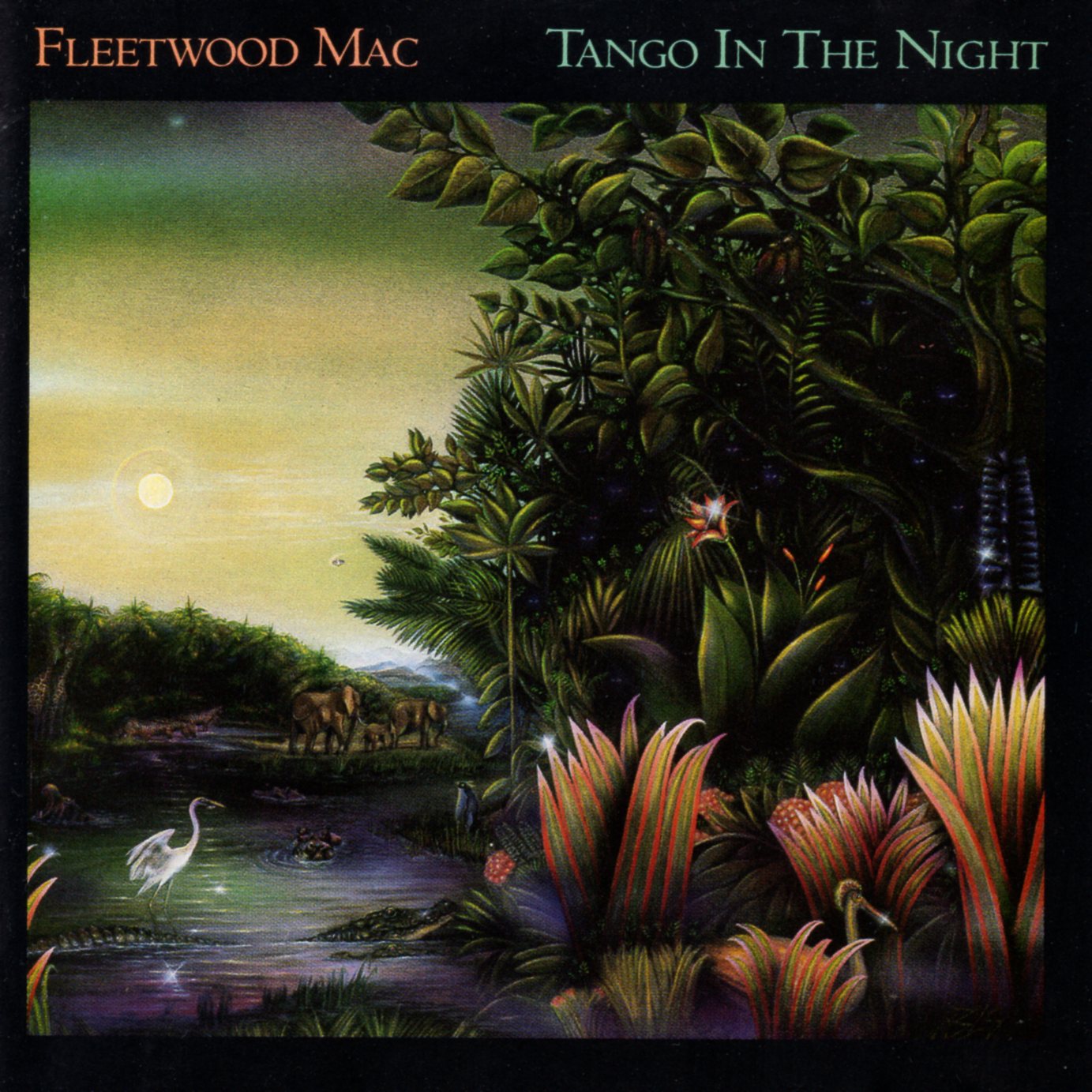Like many acts who hit their creative peaks in the 60s and 70s, Fleetwood Mac struggled with the 80s. By the middle of the decade, the willingness to experiment with their tried and tested formula that they had demonstrated so definitively on Tusk, had been lost. 1982’s Mirage had been a disappointingly standard Fleetwood Mac album and failed to overshadow the debut solo album of Stevie Nicks and prior to the release of Tango in the Night they had lost their momentum and were considered very much a spent force.
Perhaps chastened by his former partner’s solo success, Lindsey Buckingham, long the driving force behind Fleetwood Mac’s willingness to experiment, started work on a solo album. Phone calls were received, managers had words in ears. Suddenly Buckingham’s mooted solo album was going to be a Fleetwood Mac album, despite him having little to no interest in continuing with the band, each of whom had deep-seated personal issues.
Despite Tango in the Night’s origins as a Lindsey Buckingham solo album, it’s once again the material penned by Christine McVie, which has aged best. Maybe it was the fact that her writing didn’t struggle so much under the lacquered 80s production, maybe it was just the fact that of all members of the band, she had the best control over what was happening in her life at the time, but both “Little Lies” and “Everywhere” remain two of McVie’s best tunes. Nicks, who (depending on who you believe) barely attended any of the album’s recorded sessions, had her moment with the typically florid “Seven Wonders”, which was solid enough, but nowhere near the level of her earlier work.
Of the three primary writers, it is Buckingham’s songs on Tango in the Night that struggle to make an impact, with “Family Man” very much sounding its age and his much ballyhooed “Big Love” being one of his clumsiest contributions to the Fleetwood Mac songbook. Again, for all of Buckingham’s influence over the band’s creative direction, his songs just don’t make the impact that they should. Or more to the point, maybe they were impressive at the time, but they’ve certainly lost their lustre since.
As successful as Tango in the Night was at the time, mainly on the back of a brace of hit singles, some of which have aged terribly, it’s not an album that holds up tremendously well. Much of that is down to the fashionable production methods which date it, but it’s difficult to overlook the fact that it’s a terribly uneven album. The peaks are very high, but the troughs are as low as anything the band ever released.














No Comment